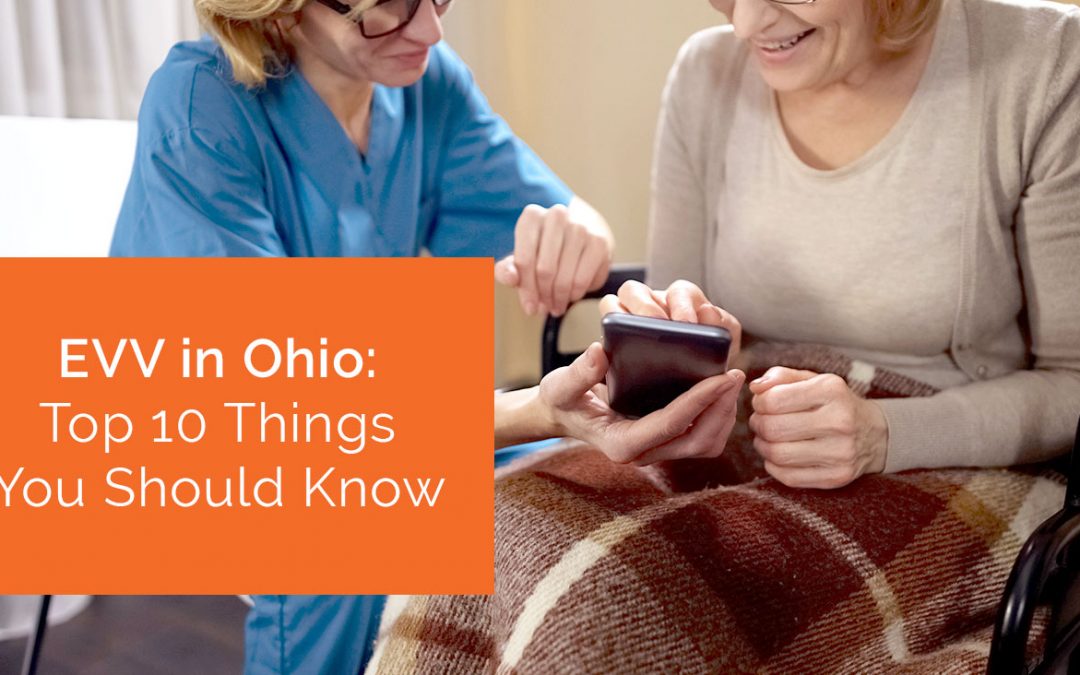As part of their commitment to value-based healthcare, the Obama administration introduced a number of mandatory Medicare bundled payment programs that tied reimbursement to provider performance on specific quality initiatives. However, in November 2017, CMS canceled two of those bundled programs, the Episode Payment Models and the Cardiac Rehabilitation Incentive Model, both of which were set to go into effect on January 1, 2018.
However, that doesn’t mean that bundled payment programs are going away altogether. In January, CMS introduce a new alternative payment model, the (BPCI Advanced). This is a voluntary bundled payment program, and under the terms of this program, home health care services are among those eligible to be reimbursed.
What Is the Bundled Payments for Care Improvement Advanced Program?
According to CMS, a bundled payment involves combining the payments for the doctor, hospital, and other health providers into one single payment, calculated based on the expected costs of all the services provided to a patient during a single episode of care. The idea behind the payment bundle is to increase the efficiency and coordination of care, and to provide better quality of care.
In other words, by determining a single payment for the entire episode, everyone involved in the patient’s care has incentive to provide the highest quality, most efficient care possible, since the actual payment is based on how well they manage the resources and costs of the care. In theory, providers can achieve higher reimbursement rates and bigger margins for everyone when they all work together and meet CMS targets.
- CMS says that the BPCI-Advanced model is defined by a is a few key characteristics, including:
- A single retrospective bundled payment and one risk track, with a 90-day Clinical Episode duration
- 29 Inpatient Clinical Episodes
- 3 Outpatient Clinical Episodes
- Payment is tied to performance on quality measures, including hospital readmissions and the existence of an advanced care plan
- Preliminary Target Prices provided in advance of the first Performance Period of each Model Year
However, what really sets the BPCI-Advanced apart from other bundled payment models is the fact that it is voluntary. Home health agencies and other health care providers do not have to participate in the model if they don’t want to. That being said, despite the previous bundled payment models were cancelled because many in the industry believed that they were being rolled out too quickly, and the administrative costs of the programs were too high, but those providers who were already enrolled in the program can opt to continue if they desire. Industry experts suggest that about 60 to 80 percent of the hospitals will continue to voluntarily participate in the bundled payment models in progress.
What It Means for Home Health
The new payment model can apply to 32 different types of clinical episodes, 29 inpatient and three outpatient. However, many of the episodes are those in which home health is commonly involved, including major joint replacement, stroke, major cardiac procedures, and chronic conditions such as diabetes. By working with other providers to coordinate care, home health agencies can potentially provide a higher level of service while keeping costs down.
Some industry stakeholders are concerned that HHAs will jump into the bundled payment programs too soon, though. Because the models are focused on cost effectiveness, and reimbursements determined by the agencies’ ability to meet cost targets, it’s important for any participating HHA to already be operating as efficiently as possible before beginning the bundled payments. Otherwise, they caution, they could find themselves playing “catch up,” and attempting to streamline operations to meet the standards — and getting paid less in the meantime.
In an industry where operating margins are already slim, many agencies simply cannot afford to take chances and potentially jeopardize their reimbursements. That being said, those organizations that use advanced home health software tools and have already streamlined their operations, have a good handle on costs and are providing high quality care in a cost-efficient manner stand to benefit from the new payment options.
The first cohort of BCPI-Advanced model participants will begin on October 1, 2018, with the performance period ending on December 31, 2023. Entities that want to participate in the program must apply before March 12, 2018 to be part of the first cohort. The next application period will open in January 2020.
In the meantime, if your HHA isn’t operating at its peak, or you want to take your management to the next level, check out Complia Health’s comprehensive family of software solutions that can improve your agency’s day-to-day functions and overall bottom line.




